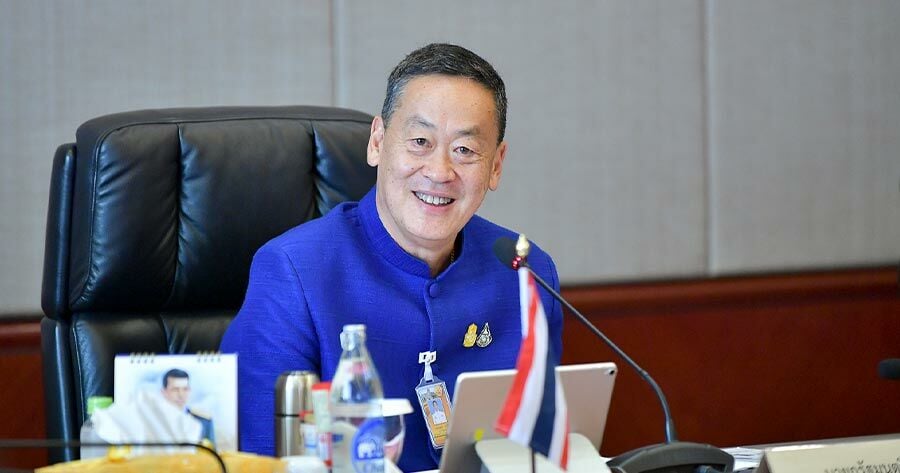Thai govt’s digital wallet handout scheme faces legal queries

The Thai government plans to launch its main digital wallet handout scheme in the year’s final quarter. This plan’s timeline will be more concrete post-April 10 when the digital wallet policy committee convenes, says Deputy Finance Minister Julapun Amornvivat.
A sum of 500 billion baht has been set aside for the scheme, tentatively slated for a May launch. However, expectations of a delay are mounting as questions surface regarding the scheme’s legality.
The National Anti-Corruption Commission (NACC) cautioned the government about potential issues tied to the scheme, including graft and legal risks.
According to Julapun, the government’s digital wallet policy committee will meet tomorrow to discuss feedback collected from over one hundred organisations spanning the public and private sectors.
The committee will then address the NACC’s concerns and request the Finance Ministry to devise a solution for implementation.
Julapun stated that all relevant agencies will begin preparations ahead of the policy’s implementation and will brief the digital wallet committee on April 10.
Cabinet approval
Following this, the committee will scrutinise the project’s details and submit them to the Cabinet for approval.
Upon receiving Cabinet approval, the scheme’s legal aspects, funding sources, and technical details will be established, said Julapun.
“Registration for the 10,000-baht digital wallet scheme is expected to commence in this year’s third quarter, and the funds should be transferred to eligible recipients’ accounts in the last quarter.
“Undoubtedly, the scheme will proceed. The offer remains the same – a 10,000-baht handout for 50 million people via the Pao Tang application.”
The digital cash handout is the flagship policy of the Pheu Thai-led government, designed to stimulate the economy.
Under the scheme, Thais who are 16 and older, earn less than 70,000 baht a month and have less than 500,000 baht in their bank accounts, will receive a 10,000-baht handout.
According to these criteria, approximately 50 million people will qualify for the handout – a decrease from the original 56 million.
Julapun stated that there is a consensus that the country requires incentives to stimulate economic growth.
However, during a recent general debate initiated by the Senate, Senator Chalermchai Fuengkhon criticised the policy, branding it a vote-buying attempt. He called on the NACC to investigate both the cabinet and the Election Commission (EC) over the policy.
Fuengkhon mentioned that the government has frequently altered the scheme’s conditions but has failed to elaborate on how the scheme will be financed. This suggests that the Pheu Thai did not thoroughly research the scheme beforehand.
Despite this, the policy passed the poll agency’s inspection and has been included as one of the government’s core policies. This is despite the failure to provide further details on financing the scheme within 15 days of delivering the government’s policy statement in September last year.
Fuengkhon stated that the scheme could potentially violate Section 162 of the constitution, and urged the NACC to launch an investigation to ensure transparency in the EC and the cabinet.
Fuengkhon also referred to concerns raised by various stakeholders, including the Bank of Thailand, to justify his call for the NACC to intervene and urged the government to abandon the scheme.
“The project is not cost-effective to implement, because the government did not intend it to tackle the nation’s economic problems. It only sought to give money away to people as promised during the election campaign. This could constitute a promise to give [a vote-buying practice].”
Senator Somchai Sawangkarn also urged the government to discard the digital wallet policy, claiming that the handout would violate the State Fiscal and Financial Disciplines Act and the charter, reported Bangkok Post.
Latest Thailand News
Follow The Thaiger on Google News:


























